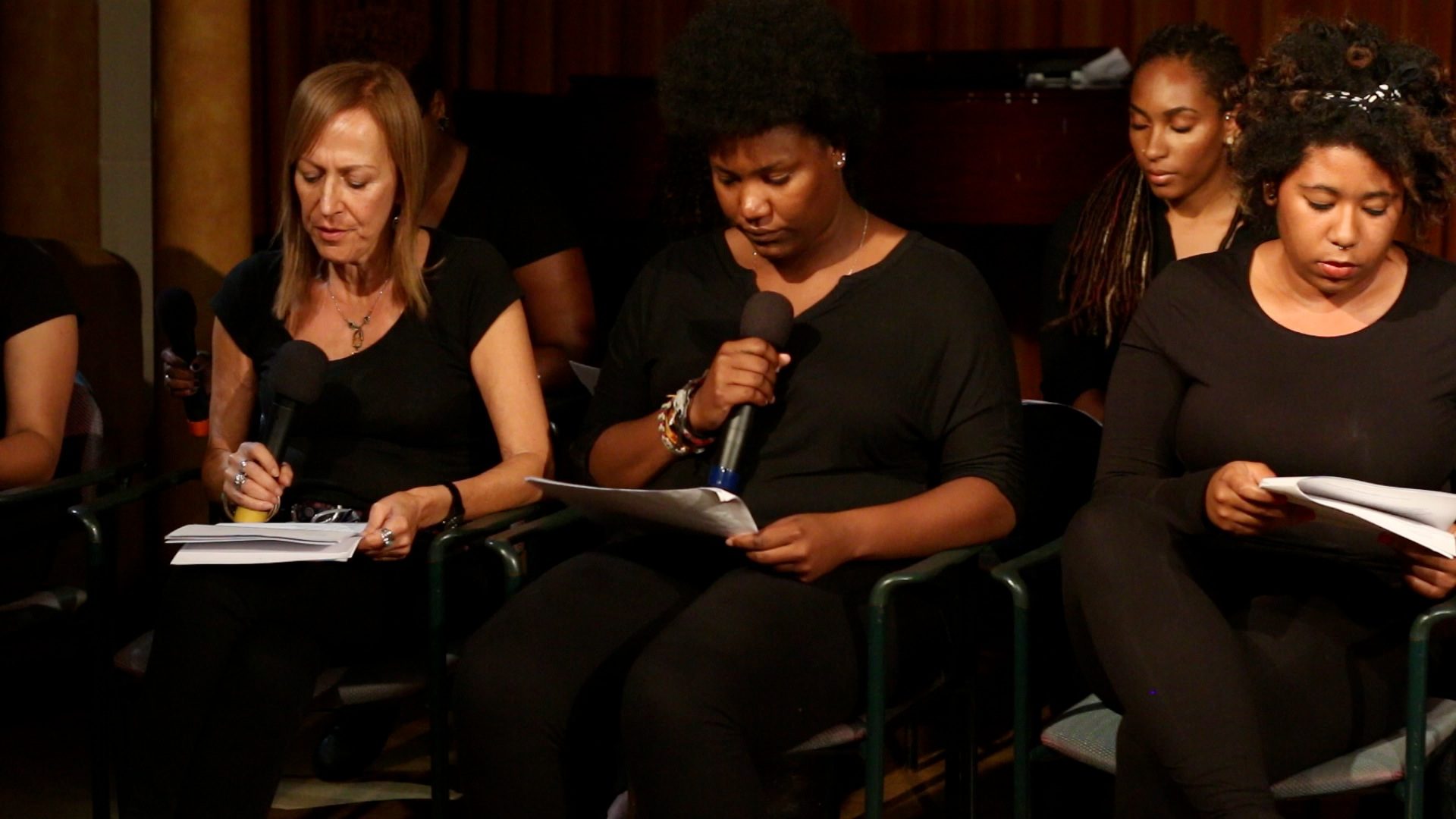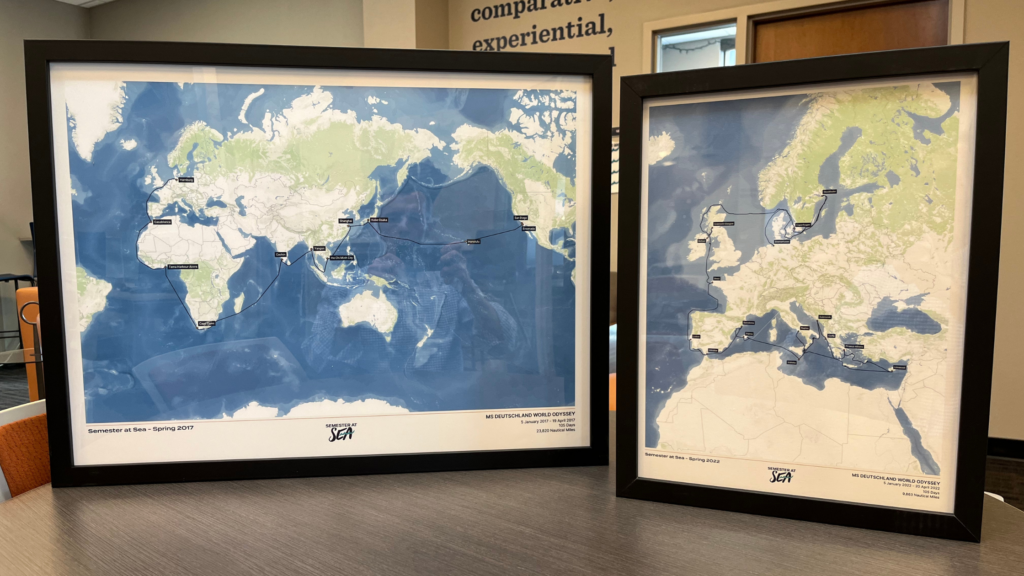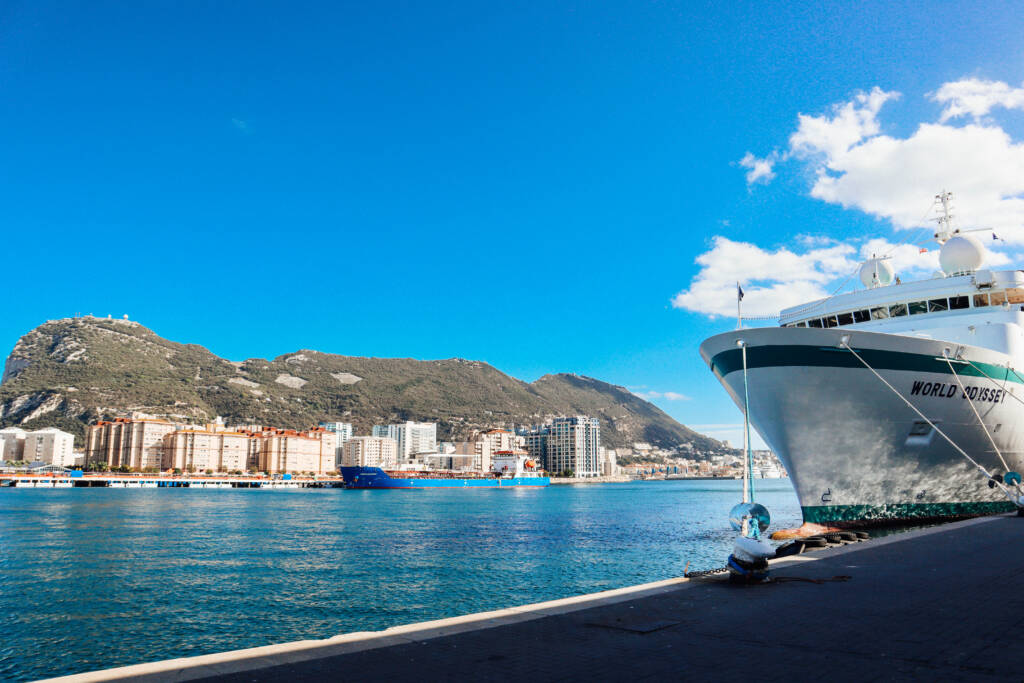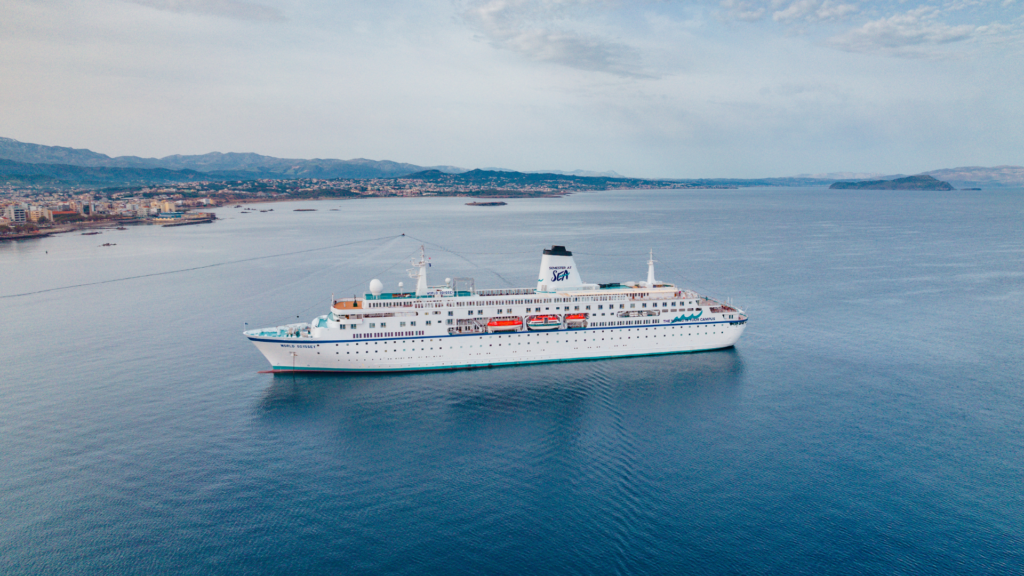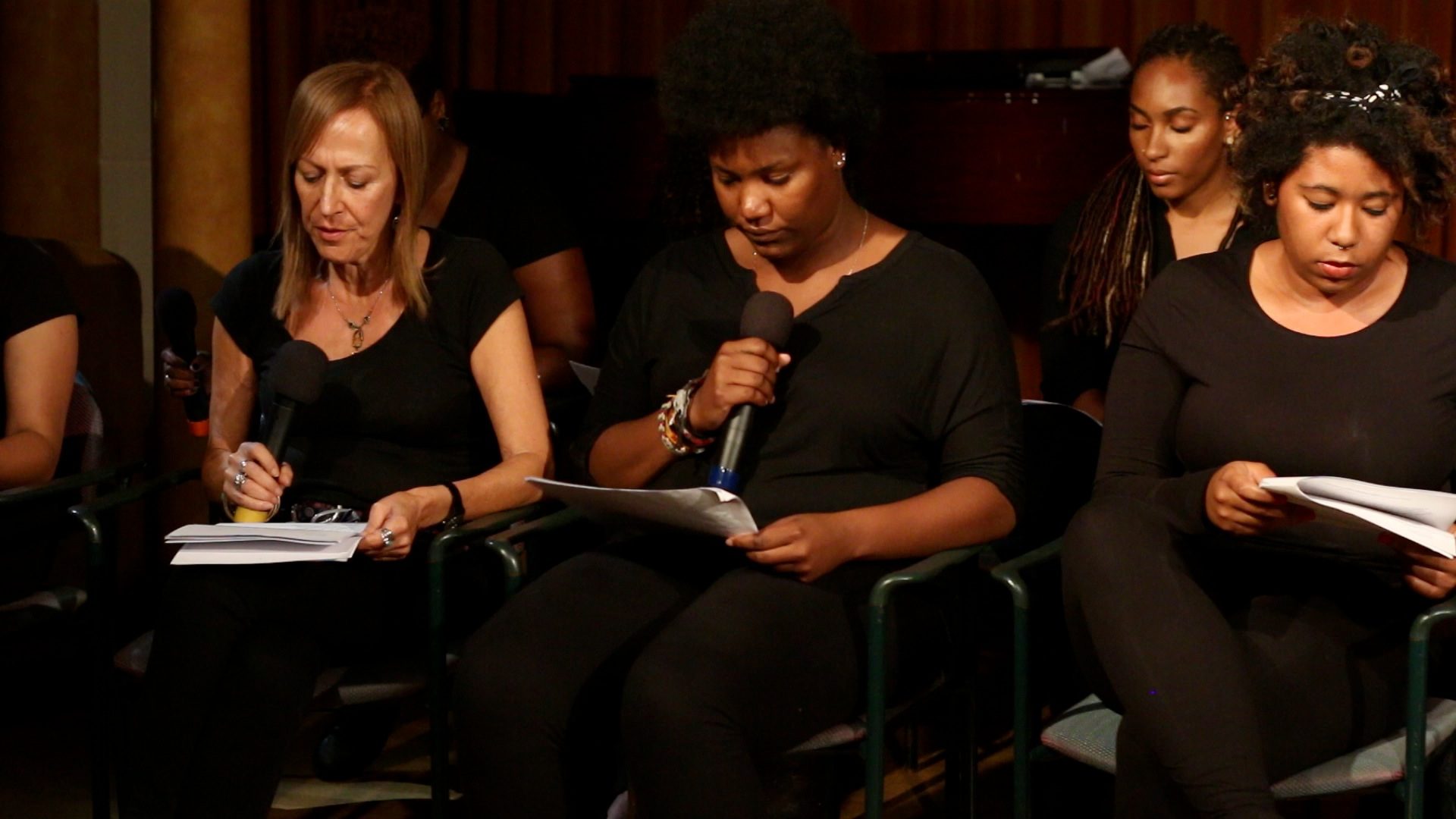
My experience crossing the Atlantic Ocean, like my ancestors, was quite interesting. I definitely had a mix of feelings because it represents the historical discourse of African slave trade, colonialism and the exploitation of many different resources. However, it reflects the manifestation of African cultures within other cultural constructions like Afro-Brazilian, Afro-Caribbean, etc. I’m very fortunate for this experience to visit and see these manifestations in some of our ports, especially in Brazil.
When we crossed the Atlantic Ocean over a two-week period, I had the opportunity to be educated more about the African influences around the world. I think people assume as an African American, I know everything about Africa, which is not true at all. Although I’m well rehearsed in the basic history of the African slave trade and a couple of African cultures, this can’t generalize my knowledge of the African discourse.
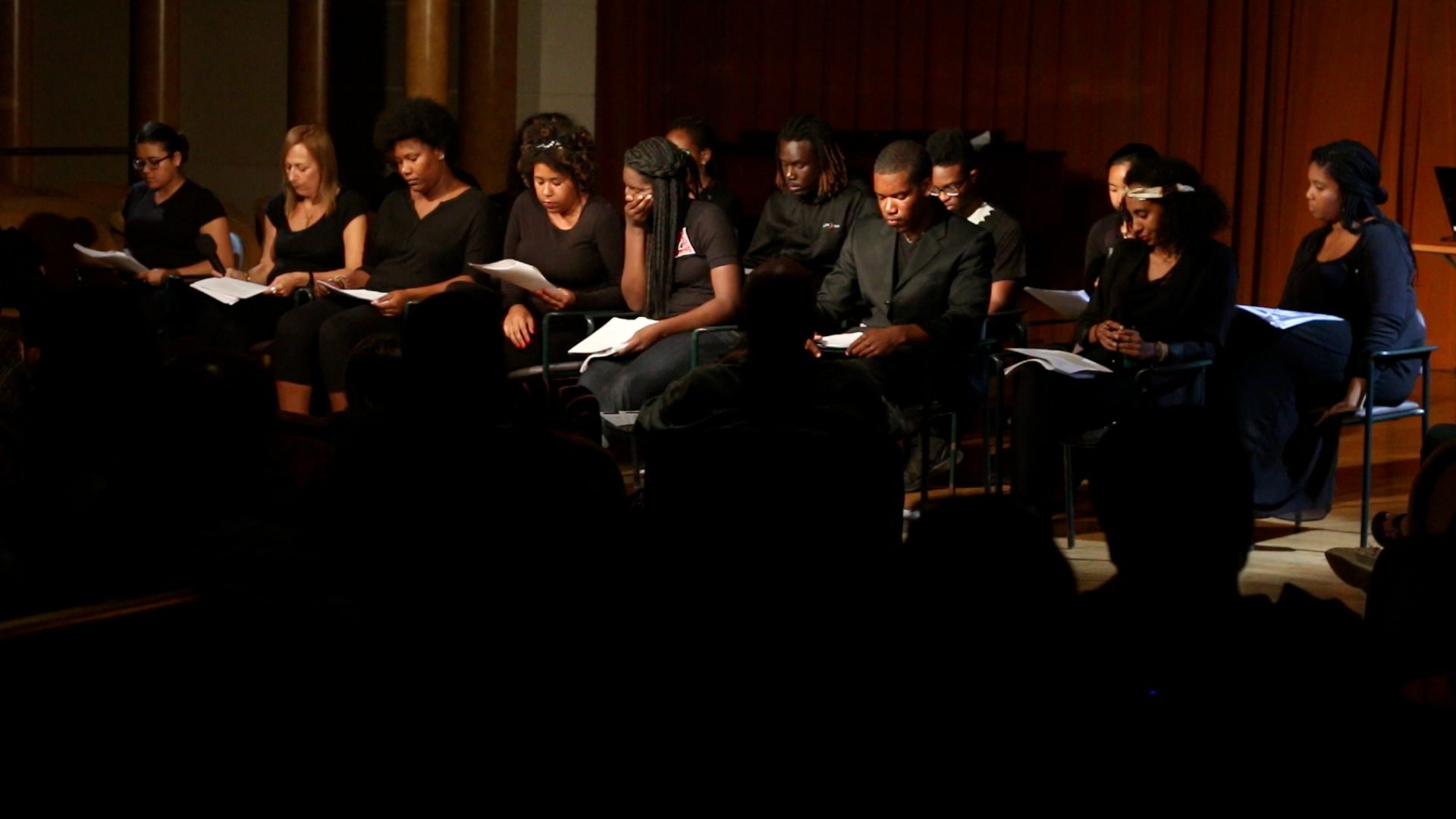
It’s one thing to read about these subjects in a textbook or hear it from your family. But, when you are actually on the ship and following the same path, it’s an emotional experience. I found myself unable to share my opinions when it came to specific discussions because it’s unimaginable what happened when slaves were deported from their homes and treated more like property than human beings. It’s even hard to talk about it now.
Most of my teachers participated in the Atlantic Crossing programming featured on the ship and taught something in relation to the topic. My knowledge of Africa has expanded to the branches of music, dance, religion, art and culture. I’ve always had an interest in the exploration of various African cultural regions because I need to break down the notion that Africa is a continent, not a country.
I’m grateful though I was able to share my heritage and experience as an African American female with the shipboard community. Many individuals didn’t realize the struggle and the aftermath of slavery. I’m glad several members offered their background and perspectives on the subject and broadened my overall understanding as well.
I’ve had many in-port experiences where individuals have connected with me on a personal level, especially when they referred to me as “family” in Brazil and Morocco. Also, I’ve met several different African citizens from Senegal, Ghana, South Africa, Morocco, Kenya and Nigeria during our journey. I don’t know my direct link to Africa, but my family has tried to delve into our ancestral tree. However, the search has been very tedious and challenging since many records of slaves were not saved.
Overall, Semester at Sea has given me an opportunity to really mold my identity through these different experiences. I feel like a changed person already.
Please see below for a link to an excerpt from the poem “Middle Passage” by African American poet Robert Hayden, as read by Anjuli Tuck. This reading was part of the Fall 2014 Voyage’s Atlantic Crossing, a series of cultural programming offered aboard the MV Explorer between Barcelona and Brazil to expand the community’s understanding of the African world.
